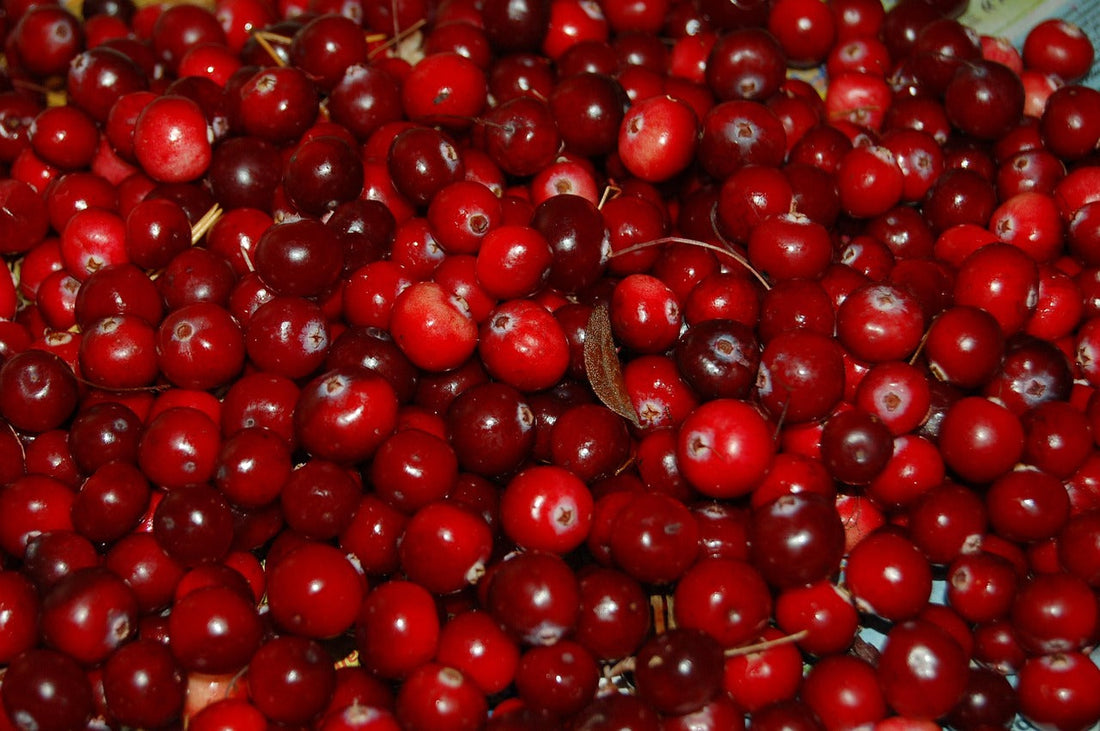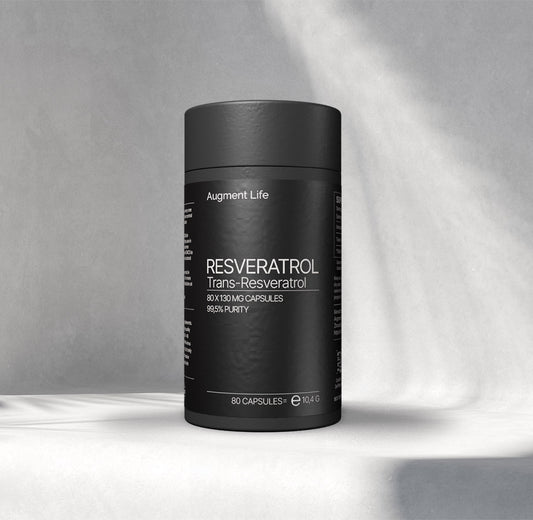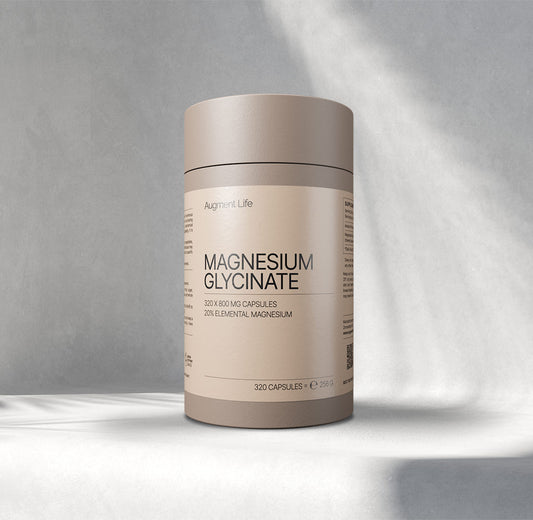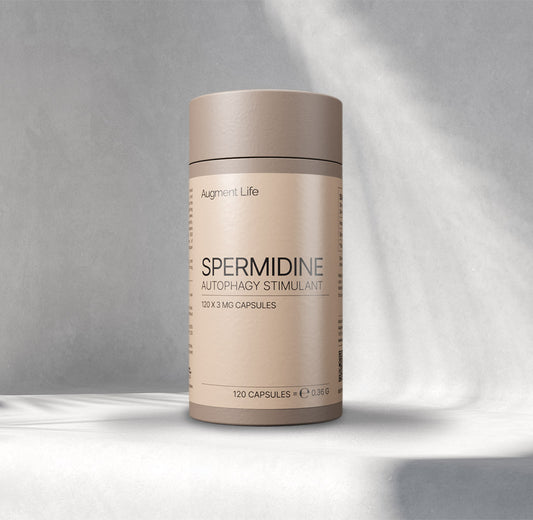D-mannose is a naturally occurring type of sugar, just like glucose, lactose, or fructose, for example. You can find it in many foods, such as apples, grapes, or cranberries. It's most known for its ability to prevent or help treat urinary tract infections, but that is not all.
What are the health benefits of D-mannose? Keep reading and find out!
What is D-mannose?
In simple terms, D-mannose is a kind of sugar. Mannose refers to the structure of the sugar, which is similar but slightly different from glucose or fructose, for example. The letter "D" refers to the 3D orientation of the sugar. It's interesting to know that our bodies naturally use and utilize D-sugars, as opposed to L-sugars. Therefore, D-mannose is a natural and easily metabolized type of sugar.
D-mannose is naturally present in the following foods:
- Fruits: Apples, oranges, peaches, blueberries, cranberries, and grapes.
- Vegetables: Green beans, cabbage, and broccoli.
D-mannose - Health benefits
Let's look into some health benefits of D-mannose.
1. D-mannose helps prevent and treat UTIs
A urinary tract infection (UTI) is typically caused by a high concentration of the bacteria Escherichia coli in the urinary tract (mostly the bladder). These infections happen frequently, and more often in women. You will most likely suffer from a UTI at least once in your life. It is also very likely that these infections recur, which is why it's also important to prevent them from happening again, as well as treat them when they're acute.
Many scientific studies have found that D-mannose can bind E. coli bacteria and prevent them from attaching to the urinary tract tissue (1). Multiple studies have also confirmed that taking D-mannose supplements can be as effective in treating active infections as antibiotics (2). This is an important finding as many bacteria are becoming immune to antibiotic treatments, and alternatives are needed.
However, there aren't enough standardized studies to make a definite conclusion on how much D-mannose everyone should take to treat or prevent UTIs. Some studies conclude that the upper limit should be 200 mg per kilogram of body weight. The most often dose is 1-2 grams per day for preventing UTIs and 3-6 grams for treating an active infection (2).
If you want to use D-mannose to treat an active UTI, you need to consult your doctor first. You might still have to have antibiotic treatment, and it could be dangerous to only use D-mannose.
2. D-mannose helps treat CDGS Type 1b
CDGS Type 1b stands for "carbohydrate-deficient glycoprotein syndrome type 1b", which is a rare genetic disorder. If you suffer from this disorder, your body will not produce enough (or any) D-mannose naturally.
This results in different difficulties:
- bleeding,
- blood clots,
- stroke-like episodes,
- gastrointestinal issues,
- protein-losing enteropathy.
When you take D-mannose externally, from supplements, you can significantly improve the symptoms of this CDGS Type 1b (3).
Is it better to take D-mannose through foods or supplements?
You might be asking yourself why you should take D-mannose supplements if you can just eat a lot of apples or cranberries. You're not necessarily wrong, as D-mannose from actual fruits and veggies might be more bioavailable, and come with other important fibers, vitamins, and minerals. You should always eat a balanced diet that includes all food groups for the purpose of general nutrition.
However, if you're looking for targeted health benefits of D-mannose, you will need much higher amounts. The amount of D-mannose in fruits is generally low, around 50 mg to 100 grams of fruit. You can take 500-2000 mg of D-mannose from a single supplement, and about 90% of that will be absorbed intact in your body. To get those amounts from food, you would need to eat from half a kilogram to two kilograms of fruit in a single serving, which could make you very sick.
Read more about the bioavailability of supplements in our other articles:
- Bioavailability of Supplements – Meaning and Importance
- Is it more effective to get active ingredients through food or supplements?
- How does our diet influence the bioavailability of supplements?
In conclusion, eat your fruit and veggies in balanced amounts every day, and for specific purposes where you need higher amounts, take supplements! You can find it in the Augment Life webshop:
D-mannose - Side effects
As a natural compound, D-mannose is safe and easily metabolized by our bodies. However, due to higher amounts of this sugar in supplements, depending on how much you take, you might develop some side effects. People have reported the following side effects:
- stomach pain,
- nausea,
- diarrhea,
- dizziness.
These are rare, but will likely happen if you take very high doses of D-mannose all at once. Before you start taking any supplement, speak to your doctor or healthcare provider. D-mannose might not be safe for you if you suffer from chronic diseases or are pregnant or breastfeeding.
Literature:
- Wagenlehner F, Lorenz H, Ewald O, Gerke P. Why d-Mannose May Be as Efficient as Antibiotics in the Treatment of Acute Uncomplicated Lower Urinary Tract Infections- Preliminary Considerations and Conclusions from a Non-Interventional Study. Antibiotics (Basel). 2022 Feb 25;11(3):314. doi: 10.3390/antibiotics11030314.
- Ala-Jaakkola R, Laitila A, Ouwehand AC, Lehtoranta L. Role of D-mannose in urinary tract infections - a narrative review. Nutr J. 2022 Mar 22;21(1):18. doi: 10.1186/s12937-022-00769-x.
- Niehues R, Hasilik M, Alton G, et al. Carbohydrate-deficient glycoprotein syndrome type Ib. Phosphomannose isomerase deficiency and mannose therapy. J Clin Invest. 1998;101(7):1414-20. doi:10.1172/JCI2350












